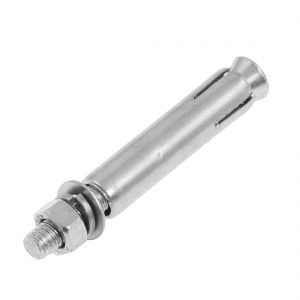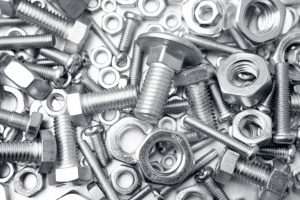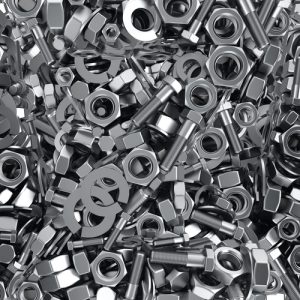Quality assurance is a crucial aspect of any manufacturing process. It involves rigorous testing and measurement procedures to ensure that products or services meet the expected quality standards. Manufacturers employ various components and techniques to guarantee the highest level of quality, and one such component is the use of geogrids.
Geogrids are specialized materials used in civil engineering and construction projects. They are typically made of high-strength polymers, such as polyester or polypropylene, and are designed to reinforce soil or aggregate materials. Geogrids offer exceptional tensile strength and can distribute loads more effectively, making them essential in applications such as road construction, slope stabilization, and retaining wall reinforcement.
When it comes to quality assurance, geogrids play a vital role in ensuring the durability and performance of structures. Here’s how geogrids contribute to the overall quality assurance process:
- Planning: Incorporating geogrids into the planning phase is crucial. Cross-functional teams analyze the specific dimensional requirements of the project and design geogrid-based solutions to meet those requirements. By considering the characteristics and benefits of geogrids early on, manufacturers can optimize the manufacturing process and maximize production uptime.
- Testing: Geogrids undergo rigorous testing to evaluate their functionality, strength, and other performance characteristics. These tests involve measuring tensile strength, elongation, junction efficiency, and other critical parameters to ensure that the geogrids meet industry standards and project specifications.
- Inspection: During the manufacturing process, inspection procedures are implemented to assess the quality of geogrids. Functional gages are utilized to monitor key characteristics and detect any deviations from the nominal values. This helps identify potential issues and ensures that the geogrids meet the required standards.
- Corrective Action: If any defects or issues are identified during inspection or testing, corrective actions are taken promptly. Manufacturers investigate the root causes of the problems and implement solutions to prevent future occurrences. This proactive approach ensures the continuous improvement of geogrid quality and performance.
- Documentation and Records: Maintaining comprehensive documentation and records of the geogrid manufacturing process is essential for quality assurance. It helps manufacturers maintain accountability, traceability, and compliance with industry standards and regulations. Documentation also facilitates quality control audits and enables manufacturers to track the performance of geogrids over time.
- Statistical Process Control (SPC): SPC techniques are employed to monitor the geogrid manufacturing process and ensure consistent quality output. Statistical methods and control charts are used to identify any variations or deviations from predetermined limits. By closely monitoring the production process, manufacturers can take corrective actions promptly and maintain the desired quality levels.
- Continuous Improvement: Manufacturers strive for continuous improvement in their geogrid manufacturing processes. They analyze data, identify areas for enhancement, and implement incremental improvements to optimize product quality, system efficiency, and overall performance. Continuous improvement initiatives help manufacturers stay competitive and deliver geogrids that meet or exceed client requirements.
- Training and Education: Ensuring that employees receive proper training is crucial for maintaining quality standards. Training programs equip employees with the necessary skills and knowledge to perform their tasks effectively and contribute to the overall quality assurance process. Educated and skilled employees are better equipped to identify potential issues and maintain the high standards expected in geogrid manufacturing.
By integrating geogrids into the quality assurance process, manufacturers can enhance the overall quality, durability, and performance of their products. Geogrids offer significant benefits in terms of reinforcement, load distribution, and soil stabilization, making them indispensable in civil engineering and construction applications.


